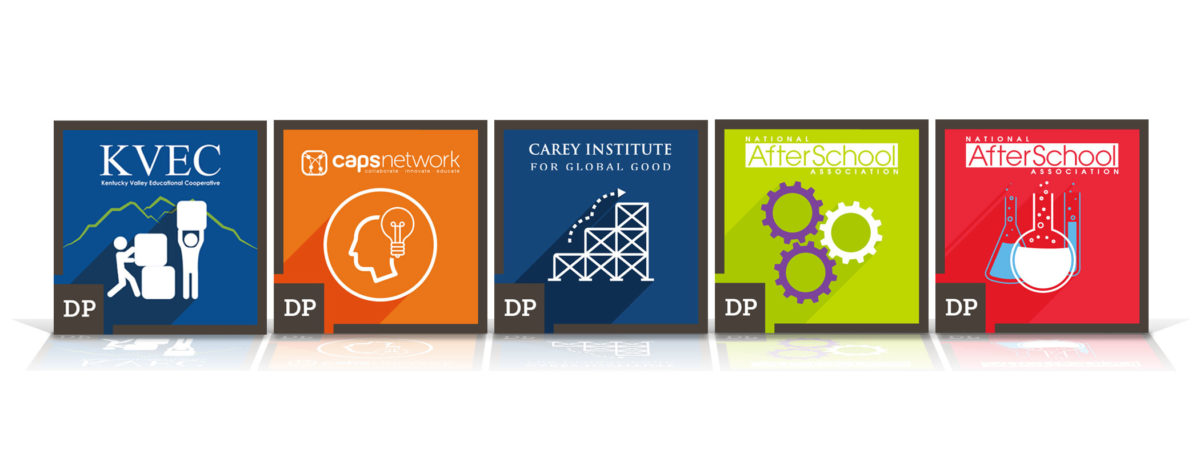
As part of our robust, on-demand micro-credential ecosystem, we are proud to partner with organizations and educators to develop rigorous, research-backed micro-credentials that support educator professional development and recognition of their skills. This summer we’ve launched 16 new micro-credentials from our partners, and the ecosystem is growing every day.
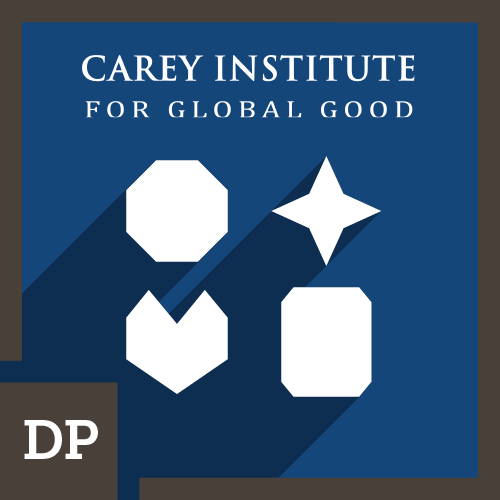
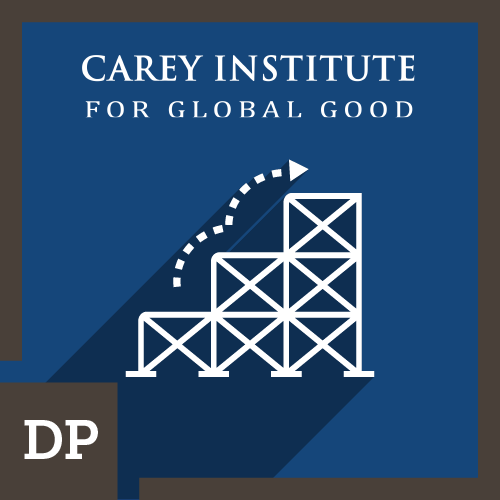
The Carey Institute for Global Good has added two micro-credentials to its Refugee Educator stack. Scaffolding Learning to Support Refugee Students focuses on implementing scaffolds to assure learning is both accessible and meaningful to students. The Differentiating Instruction to Support Refugee Students micro-credential aims to build differentiation strategies along content, process, product, and learning environment to promote the highest levels of learning for all students in a classroom.
The CAPS Network has built out a Profession-Based Learning stack to address rich experiential learning opportunities.





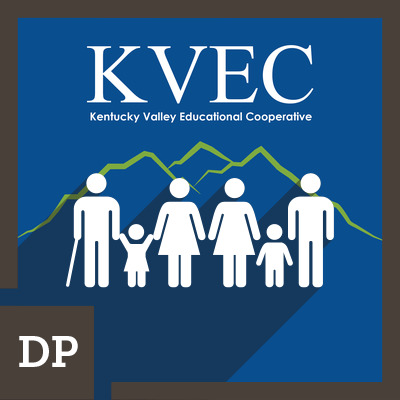
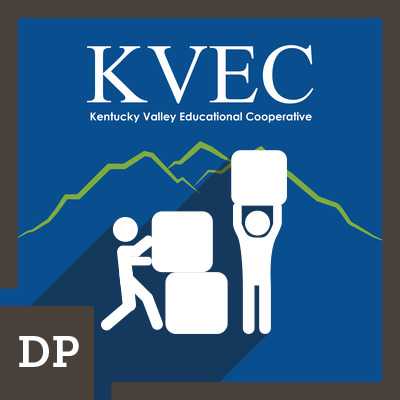
The Kentucky Valley Educational Cooperative is building a stack to support Teaching Rural Students from Poverty. The Understanding Types of Poverty micro-credential, for instance, captures expertise in understanding the underpinnings of poverty to serve the needs of students. The Building Relationships micro-credential focuses on strategies to understand, build, and improve student-teacher relationships, as well as reflect on the impact of this stewardship.
And finally, the National AfterSchool Association added seven micro-credentials to its STEM Facilitation stack, where informal learning facilitators demonstrate competence in cultivating engaging, positive, and purposeful STEM learning environments.
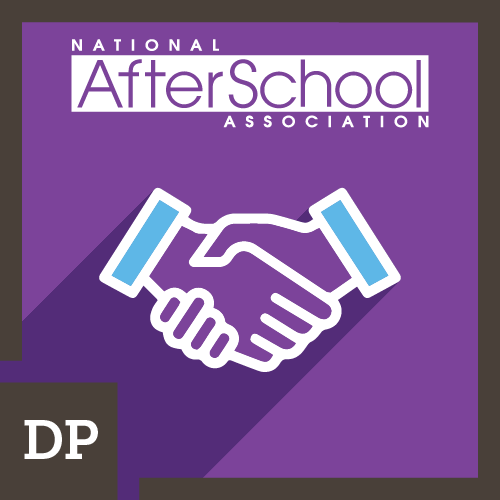
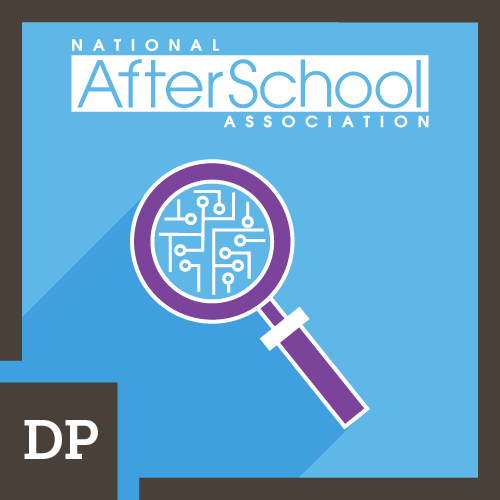

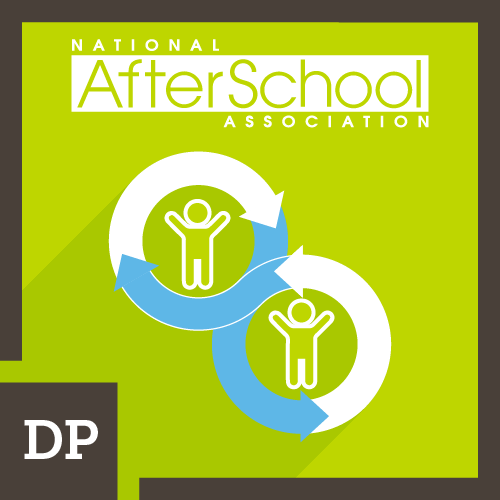
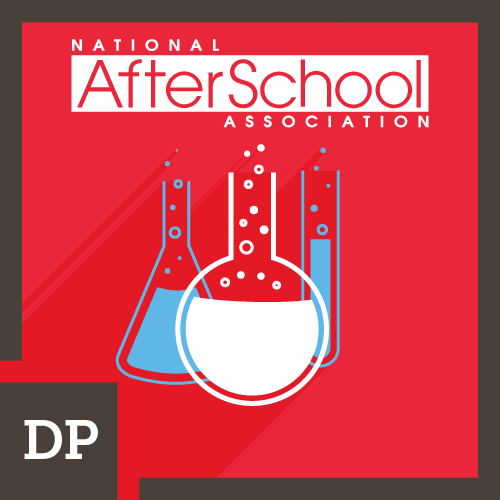
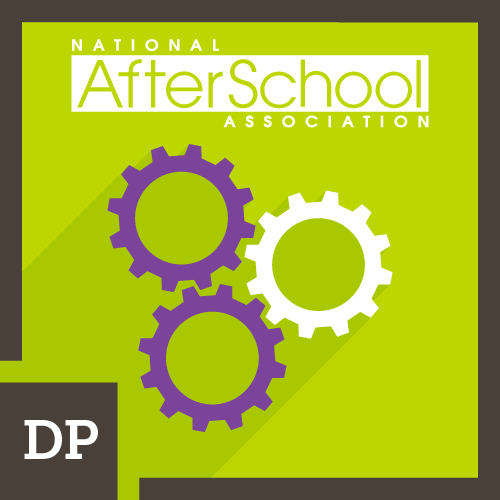
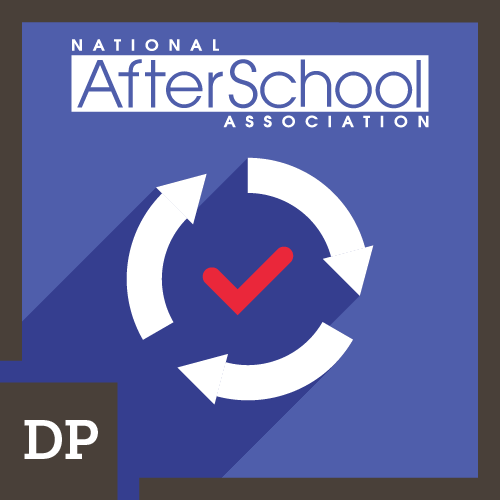
Start earning these micro-credentials today!
If you are interested in developing your own micro-credentials, please contact us.